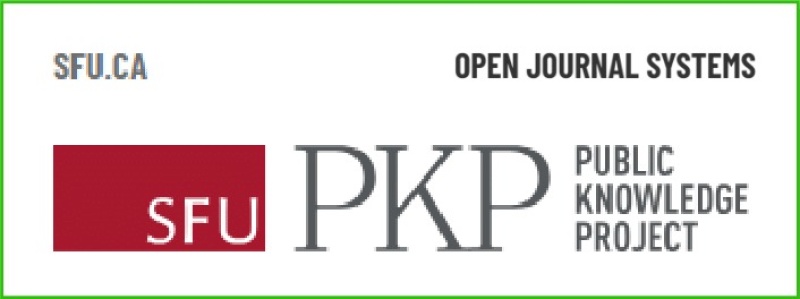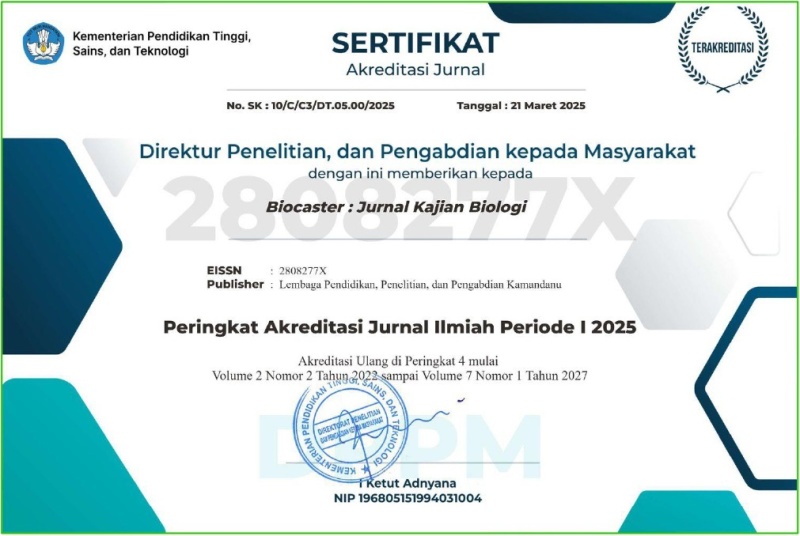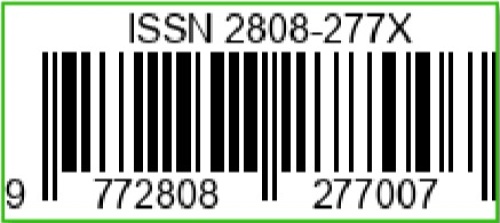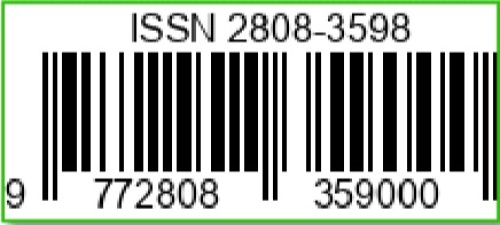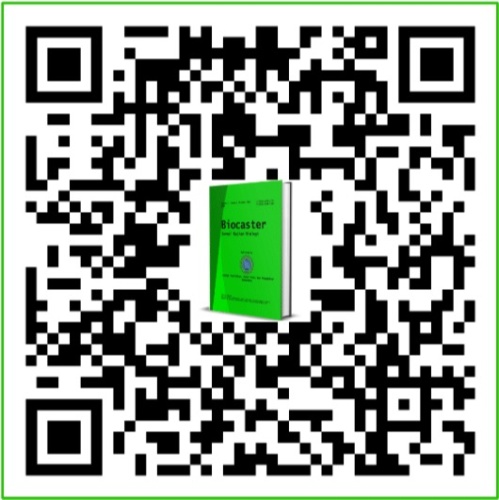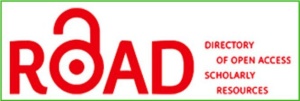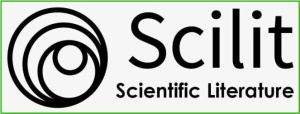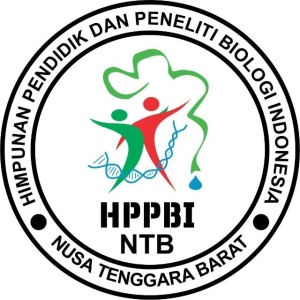Revitalisasi Pangan Tradisional : Uji Potensi Daun Kesi (Lannea coromandelica) dalam Fermentasi Uwi Kaju Lamu
DOI:
https://doi.org/10.36312/biocaster.v5i4.759Keywords:
Kesi Leaf (Lannea coromandelica), Revitalization of Local Food, Uwi Kaju LamuAbstract
Fermentation is an important process in the processing of traditional food of the Lio tribe, one of which is uwi kaju lamu. This study aims to examine the potential of kesi leaves (Lannea coromandelica) as a natural fermentation agent in the traditional food uwi kaju lamu, a typical food of the Lio Tribe in Ende Regency, East Nusa Tenggara. The research method used is a mix method with a sequential exploratory design (qualitative and quantitative). The qualitative method (interviews, observations, and FGD) aims to confirm the traditional knowledge of the community regarding the use of kesi leaves in the fermentation process of uwi kaju lamu, while the quantitative method is tested in the laboratory. The results showed that the cyanide level of 6 mg/kg was far below the maximum threshold of 50 mg/kg, making it safe for consumption. Secondary metabolite compounds were detected only saponins, while other compounds were not detected indicating degradation of complex components. A pH value of 9.18 (alkaline) indicates contamination in the traditional fermentation process, so further research is needed. Organoleptic tests on 30 untrained panelists showed that the taste aspect showed a high acceptance rate (of 7.47) from an average preference above 7.00 on a scale of 5-9. Overall, kesi leaves have the potential as a natural fermentation agent in the processing of uwi kaju lamu.
Downloads
References
A’yun, Q., & Laily, A. N. (2015). Analisis Fitokimia daun Pepaya (Carica papaya L.) di Balai Penelitian Tanaman Aneka Kacang dan Umbi, Kendalpayak, Malang. In Seminar Nasional Konservasi dan Pemanfaatan Sumber Daya Alam (pp. 134-137). Surakarta, Indonesia: Universitas Sebelas Maret.
Aini, H., Kurnia, N., & Wangiyana, I. G. A. S. (2024). Sensory Evaluation of Lemongrass Beverage Mixed with Agarwood Infusion Using 9-Point Hedonic Scale. Jurnal Silva Samalas : Journal of Forestry and Plant Science, 7(2), 28-35. https://doi.org/10.33394/jss.v7i2.14298
Ardilla, Y. A., Anggreini, K. W., & Rahmani, T. P. D. (2022). The Role of Indigenous Lactic Acid Bacteria Genus Lactobacillus in the Fermentation Process of Durian (Durio zibethinus) for Tempoyak Production. Berkala Ilmiah Biologi, 13(2), 42-52. https://doi.org/10.22146/bib.v13i2.4619
Asfar, A. M. I. A., Mukhsen, M. I., Rifai, A., Asfar, A. M. I. T., Asfar, A. H., Kurnia, A., Budianto, E., & Syaifullah, A. (2022). Pemanfaatan Akar Bambu sebagai Biang Bakteri Perakaran PGPR di Desa Latellang. JMM : Jurnal Masyarakat Mandiri, 6(5), 3954-3963. https://doi.org/10.31764/jmm.v6i5.10464
Efendi, I., Safnowandi, S., Dewi, I. N., Utami, S. D., & Abidin, Z. (2020). Pelatihan Produk Olahan Jamur Pasca Panen untuk Penguatan Produktivitas Ekonomi SMA Islam Al-Azhar NW Kayangan. Jurnal Pengabdian UNDIKMA, 1(2), 100-105. https://doi.org/10.33394/jpu.v1i2.2876
Eni, N. N. S., Sukenti, K., Muspiah, A., & Rohyani, I. S. (2019). Studi Etnobotani Tumbuhan Obat Masyarakat Komunitas Hindu Desa Jagaraga, Kabupaten Lombok Barat, Nusa Tenggara Barat. Biotropika : Journal of Tropical Biology, 7(3), 121-128. https://doi.org/10.21776/ub.biotropika.2019.007.03.5
Erfisa, W., Arpi, N., & Asmawati, A. (2022). Kajian Literatur Pembuatan Produk Olahan Tempoyak (Durian Fermentasi). Jurnal Ilmiah Mahasiswa (JIM) Pertanian, 7(1), 420-428. https://doi.org/10.17969/jimfp.v7i1.19162
Fadliah, S., Mu’nisa, A., & Rachmawaty, R. (2018). Analisis Fitokimia Air Rebusan Daun Kayu Jawa (Lannea coromandelica). Bionature, 19(1), 73-77. https://doi.org/10.35580/bionature.v19i1.7450
Febrian, A., & Jumadi, J. (2023). Profile of Student's Cultural Concern through Science Learning Based on Pacu Jalur, Kuantan Singingi. Jurnal Penelitian Pendidikan IPA, 9(5), 4022-4028. https://doi.org/10.29303/jppipa.v9i5.2862
Hermanto, H., & Fitriani, F. (2018). Pengaruh Lama Proses Fermentasi terhadap Kadar Asam Sianida (HCN) dan Kadar Protein pada Kulit dan Daun Singkong. Jurnal Riset Teknologi Industri, 12(2), 169-180. https://doi.org/10.26578/jrti.v12i2.4239
Islam, F., Mitra, S., Nafady, M. H., Rahman, M. T., Tirth, V., Akter, A., Emran, T. B., Mohamed, A. O., Algahtani, A., & El-Kholy, S. S. (2022). Neuropharmacological and Antidiabetic Potential of Lannea coromandelica (Houtt.) Merr. Leaves Extract: An Experimental Analysis. Evidence-Based Complementary and Alternative Medicine, 2022(1), 1-10. https://doi.org/10.1155/2022/6144733
Islami, R. (2018). Pembuatan Ragi Tape dan Tape (Making Yeast Tape and Tape). Jurnal Penelitian dan Pengembangan Agrokompleks, 1(2), 56-63.
Jannah, M., Nasution, H. M., Nasution, M. P., & Rahayu, Y. P. (2023). Phytochemical Screening and Antibacterial Activity Test of Ethanol Extract of Jawa Wood Leaf (Lannea coromandelica (Houtt) Merr) against Bacteria Propionibacterium acnes and Staphylococcus epidermidis. JPS : Journal of Pharmaceutical and Sciences, 6(4), 1685-1692. https://doi.org/10.36490/journal-jps.com.v6i4.241
Loda, A. E., Lawalu, E. M., Lengur, E. R. A., Indrawati, A. S., Saru, J. F., Pongge, M. I., Gamatara, M. P. J., Banase, M. A. D. D., Ketmoen, A., & Perseveranda, M. (2025). Revitalisasi Pangan Lokal: Pemberdayaan OMK YMY Liliba melalui Inovasi Dodol Jagung dan Edukasi Konsumsi Sehat. Devote : Jurnal Pengabdian Masyarakat Global, 4(3), 383-393. https://doi.org/10.55681/devote.v4i3.4503
Malú, Q., Caldeira, G. I., Catarino, L., Indjai, B., Silva, I. M. d., Lima, B., & Silva, O. (2024). Ethnomedicinal, Chemical, and Biological Aspects of Lannea Species: A Review. Plants, 13(5), 1-24. https://doi.org/10.3390/plants13050690
Mulyani, S., & Wisma, R. W. (2016). Analisis Proksimat dan Sifat Organoleptik “Oncom Merah Alternatif” dan “Oncom Hitam Alternatif”. JKPK : Jurnal Kimia dan Pendidikan Kimia, 1(1), 41-51. https://doi.org/10.20961/jkpk.v1i1.39428
Noli, Z. A., Asih, E. T., Pasha, G. A. A., Siagian, M., Adelia, S., Putri, S. I., & Santoso, P. (2025). Literature Review: Analysis of Cyanogenic Compounds in Plants. Jurnal Biologi Tropis, 25(3), 2695-2702. https://doi.org/10.29303/jbt.v25i3.9417
Prieto, S. D. M., Díaz, M. d. C. R., Barbieri, F., Tabanelli, G., Gardini, F., Valera, M. J., Bravo, A. R., Verardo, V., & Caravaca, A. M. G. (2023). Impact of Lactic Acid Bacteria Fermentation on Phenolic Compounds and Antioxidant Activity of Avocado Leaf Extracts. Antioxidants, 12(2), 1-17. https://doi.org/10.3390/antiox12020298
Priska, M., Peni, N., & Carvallo, L. (2019). Phytochemicals Screening and Antioxidant Effectiveness of Garlic (Allium sativum) from Timor Island. Biosaintifika : Journal of Biology & Biology Education, 11(1), 1-7. https://doi.org/10.15294/biosaintifika.v11i1.17313
Priska, M., Peni, N., & Wao, Y. P. (2023). Comparison of Antioxidant Activity and Phytochemical Screening of Fresh and Dried Moringa oleifera L. Tea. Chemica : Jurnal Teknik Kimia, 10(1), 25-34. https://doi.org/10.26555/chemica.v10i1.25695
Priska, M., Wae, V. P. S. M., & Lidi, M. W. (2024). Ethnoscience Study of Wu’u as a Local Food Ingredient for the Ende District Community. Scientiae Educatia : Jurnal Pendidikan Sains, 13(2), 1-15. https://doi.org/10.24235/sc.educatia.v13i1.18559
Rahmawati, A., Yunianti, D., Munawaroh, H., Hasani, R. M., & Anindita, N. S. (2023). Bioteknologi Pangan Lokal Terfermentasi Berbasis Umbi “Pembuatan Tape Singkong (Manihot utilisima)”. In Prosiding Seminar Nasional Penelitian dan Pengabdian kepada Masyarakat (pp. 370-374). Yogyakarta, Indonesia: LPPM, Universitas ‘Aisyiyah Yogyakarta.
Simbolon, W. P. S., & Pasaribu, P. (2025). Adaptasi Sosial Budaya Masyarakat terkait Implementasi Revitalisasi Kearifan Lokal Manggaliang Gadong (Makan Ubi) di Kabupaten Samosir. Nusantara : Jurnal Ilmu Pengetahuan Sosial, 12(5), 1734-1740. https://doi.org/10.31604/jips.v12i5.2025.1734-1740
SNI. (2013). Standar Nasional Indonesia: Pangan Olahan Semi Basah. Jakarta: Badan Standardisasi Nasional.
Wae, V. P. S. M., Gago, J., & Ngapa, Y. D. (2022). Etnobotani Masyarakat Suku Lio: Studi Kasus di Desa Waturaka, Kawasan Taman Nasional Kelimutu, Kabupaten Ende, Nusa Tenggara Timur. Biosfer : Jurnal Biologi dan Pendidikan Biologi, 7(1), 58-66. https://doi.org/10.23969/biosfer.v7i1.5463
Wae, V. P. S. M., Nona, H., Permatasari, I., Gaga, F., & Sado, T. W. P. (2025). Kajian etnobotani dalam Makanan Tradisional Wa’ Ai Zamu sebagai Bentuk Warisan Budaya Masyarakat Ende. Biocaster : Jurnal Kajian Biologi, 5(3), 376-384. https://doi.org/10.36312/biocaster.v5i3.533
Wae, V. P. S. M., Priska, M., & Daud, M. H. (2024). Ethnoscientific Study of the Making of Traditional Uwi Kaju Ndota and Alu Ndene Food in Ende Regency. Jurnal Penelitian Pendidikan IPA, 10(4), 1969-1975. https://doi.org/10.29303/jppipa.v10i4.6293
WHO. (2019). Food Standards Programme: Codex Alimentarius. New York: World Health Organization (WHO).
Wijaya, S. (2019). Indonesian Food Culture Mapping: A Starter Contibution to Promote Indonesian Culinary Tourism. Journal of Ethnic Foods, 6(1), 1-10. https://doi.org/10.1186/s42779-019-0009-3
Yenrina, R. (2015). Metode Analisis Bahan Pangan dan Komponen Bioaktif. Padang: Andalas University Press.
Yuningtyas, S., Masaenah, E., & Telaumbanua, M. (2021). Aktivitas Antioksidan, Total Fenol, dan Kadar Vitamin C dari Kombucha Daun Salam (Syzygium polyanthum (Wight) Walp.). Pharmamedica Journal, 6(1), 10-14. https://doi.org/10.47219/ath.v6i1.116
Zamakhsyari, I., Alsuhendra, A., & Ridawati, R. (2018). Pengaruh Teknik Pemanasan Basah dalam Pembuatan Oncom Instan terhadap Kualitas Tumis Oncom. Jurnal Sains Boga, 1(1), 18-22. https://doi.org/10.21009/JSB.001.1.03
Zhao, J., Wang, Q., Ren, Z., Yang, C., Guan, S., Wang, X., Huang, Y., Yao, R., & Yin, H. (2024). Legendary Fermented Herbs: An Ethnobotanical Study of the Traditional Fermentation Starter of the Chuanqing People in Northwestern Guizhou, China. Journal of Ethnobiology and Ethnomedicine, 20(1), 1-17. https://doi.org/10.1186/s13002-024-00708-6
Downloads
Published
How to Cite
Issue
Section
License
Copyright (c) 2025 Veronika P. Sinta Mbia Wae, Melania Priska, & Ainun Jariyah

This work is licensed under a Creative Commons Attribution-ShareAlike 4.0 International License.
-
Attribution — You must give appropriate credit, provide a link to the license, and indicate if changes were made. You may do so in any reasonable manner, but not in any way that suggests the licensor endorses you or your use.
-
ShareAlike — If you remix, transform, or build upon the material, you must distribute your contributions under the same license as the original.


